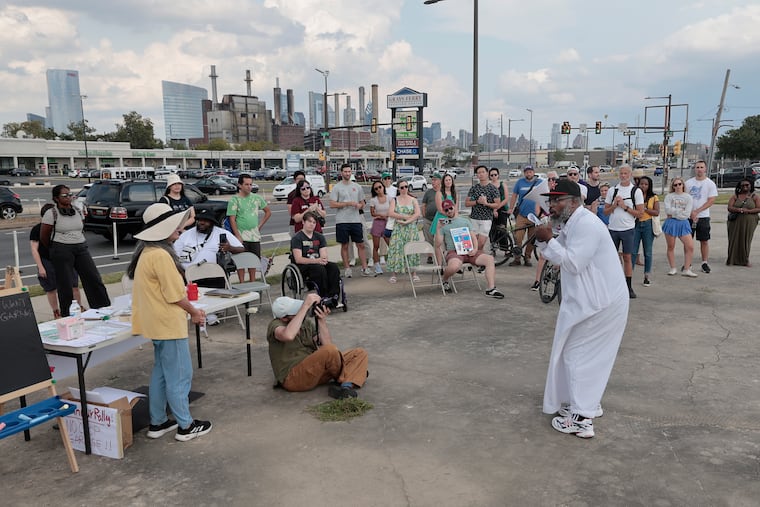Iranian leaders criticize Trump for offensive comments made during his tour of the Middle East.

Tehran, Iran – In recent developments, high-ranking officials in Iran have responded to remarks made by U.S. President Donald Trump during his Middle East tour, which has raised tensions in the region. Supreme Leader Ayatollah Ali Khamenei, speaking at an education ceremony in Tehran, dismissed several comments from Trump as unworthy of serious engagement, suggesting they reflect poorly on both the speaker and the United States as a whole.
Khamenei criticized Trump for supposedly misleading the public by proposing a vision of peace while simultaneously supporting military actions and policies that have disproportionately affected Palestinians. He described Israel as a “dangerous cancerous tumor” in need of removal, emphasizing the longstanding aspirations for justice in Palestine.
In concert with Khamenei, Iranian President Masoud Pezeshkian addressed a gathering of naval officers, drawing attention to the perceived contradictions in Trump’s rhetoric. Pezeshkian questioned which message to believe—Trumps claims of peace or his actions exacerbating human suffering, particularly in relation to Gaza.
Trump’s tour included discussions with leaders from Saudi Arabia, Qatar, and the United Arab Emirates, during which he praised their development initiatives, contrasting them with Iran’s current challenges. He claimed that Iran’s past leadership has contributed to infrastructural decay and environmental issues, such as severe power shortages impacting citizens’ daily lives.
The disruptions in electricity supply have been attributed to longstanding economic difficulties, with industries urging government officials to reconsider significant electricity restrictions. The mining and cement sectors submitted a joint appeal to Pezeshkian, highlighting the urgent need for policy adjustments to support economic recovery.
Amid the ongoing discourse, Iran’s leaders have referenced the broader implications of U.S. foreign policy for regional stability and human rights. Foreign Minister Abbas Araghchi labeled Trump’s statements as deceptive, asserting that the U.S. has consistently undermined Iran through sanctions while being complicit in human rights violations in the region.
Statements from Parliament chief Mohammad Bagher Ghalibaf, made during an event for the Organisation of Islamic Cooperation (OIC) in Indonesia, reinforce the view that Trump’s comments are disconnected from reality. In a direct response to Trump, Hossein Salami, commander of the Islamic Revolutionary Guard Corps (IRGC), highlighted Iran’s rich historical and cultural identity, affirming the nation’s commitment to its values and interests.
The exchange comes at a time when both Iran and the U.S. express a desire to resolve tensions surrounding Iran’s nuclear programme. However, complexities persist, with Iran continuing to assert its right to peaceful nuclear enrichment. Current negotiations, mediated by Oman, indicate potential pathways to de-escalation, yet they remain fraught with challenges.
As discussions surrounding both regional dynamics and nuclear negotiations unfold, the Iranian leadership remains steadfast in their commitment to uphold national sovereignty and cultural integrity, navigating the complex geopolitical landscape that continues to evolve.
#MiddleEastNews #PoliticsNews






